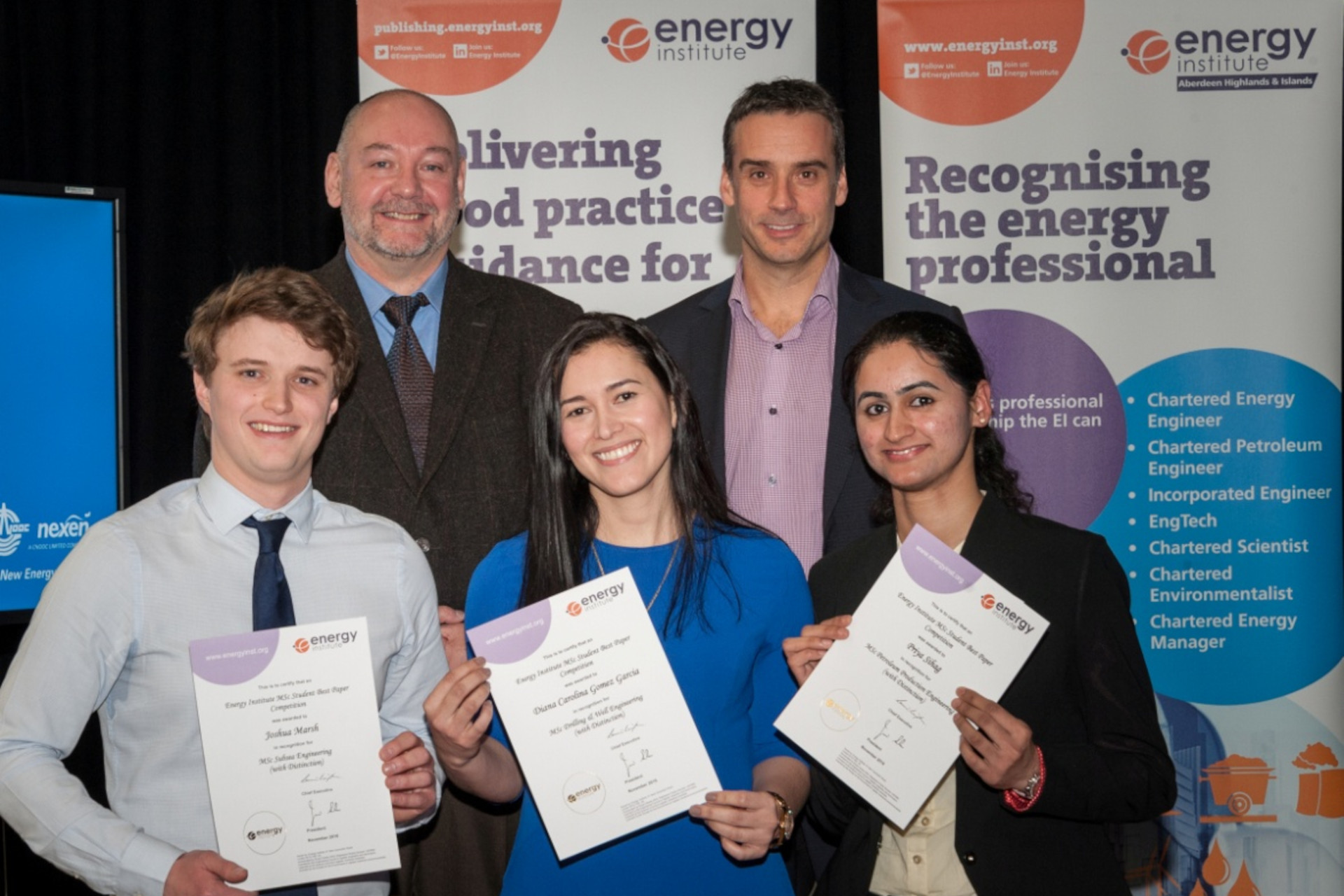Since 2020 annual energy investment has increased by 45%
Energy efficiency, which measures useful output per unit of energy input, plays a crucial role in energy management by reducing costs and lowering greenhouse gas emissions. Efficiency improvements can be made across the energy system, from generation to home appliances and transport vehicles, and are often the most cost-effective way to enhance energy security and system reliability.
Energy management is essential for businesses, focusing on assessing energy use and implementing efficiency programmes. Innovative technologies in heating, lighting, insulation, small-scale power generation, and smart flexibility present numerous opportunities for better energy use. Energy managers, sustainability consultants, and facilities managers drive these advancements, ensuring compliance with increasing legal energy and carbon reporting requirements. They tackle challenges by leveraging supply, efficiency, generation, demand management, and behaviour change, aiming for a global low carbon, efficient energy system.

Training
Undertake our full core training courses and gain Level 1, 2 and 3 qualifications in energy management. Bite-sized modules are also available online and in-house training can be organised for your team.

Professional recognition
Gain recognition by joining the Energy Institute as a member and apply to be a chartered energy manager, your company can join in its own right too. Achieve verification of your expertise in providing energy efficiency advice by joining the register of Energy Efficiency Experts.

Engagement tools
Change behaviour towards energy management in your organisation by using our tools: Understanding your energy culture and EnergyAware.

Online resources
Check out our Energy and carbon management collection. Visit our ESOS resources and find a Lead Assessor. Brush up on your knowledge of energy management using our eLibrary, CPD articles and latest news and articles.
0.0%
is the improvement achieved in energy intensity in 2023, based on the IEA Net Zero Emissions by 2050 Scenario this needs to reach 4% over 2022-2030 (IEA)
0
is the target date to phase out the sale of new and replacement gas boilers in the UK with the aim to move to low-carbon heating such as heat pumps and hydrogen (Department for Energy and Net Zero)
£0billion
of support for decarbonising UK buildings accompanies the Heat and Building Strategy launched in 2021 (Department for Energy and Net Zero)
0million
efficiency jobs globally could be created by 2030 in the buildings, transport and industry sectors (IEA)
New Energy World stories
A shift to green hydrogen is offering European oil and gas refiners a route to decarbonisation
15th October 2025
World’s largest high-temperature electrolyser comes onlineThe world’s largest multi-megawatt high-temperature electrolyser (HTE) has start...
Parties clash as UK energy policy turns into political battleground
8th October 2025
UK Energy Secretary Ed Miliband used his speech on the last day of the Labour Party Conference on 1 October to set out a sweeping vision for the UK’s ...
World’s first diesel shunting locomotive converted to hydrogen completes test run
1st October 2025
The locomotive’s diesel engine has been converted to be fuelled by hydrogen, which does not produce CO2. The trial aims to demonstrate how...
Technology – not feedstock – is key bottleneck to net zero aviation, trade body contends
1st October 2025
Its new study, published in partnership with Worley Consulting, argues that the world already has sufficient sustainable feedstock – biomass and power...
Kilometre-long laser beam achieves highest-ever power transfer efficiency
24th September 2025
Conducted on the runway at Nanki-Shirahama Airport in Wakayama, Japan, the companies claim to have successfully transmitted 152 MW of electric power o...
Technical guidance publications
EI 3571
Recommended practices for CH4 emissions detection and quantification - Combustion efficiency and flaring destruction technologies
August 2024
This document has been developed as a follow up of the project to IOGP Report 661 Recommended practices for methane emissions detection and quantifica...
EI 3550
Guidance on adapting combined cycle gas turbine (CCGT) power stations for hydrogen combustion
April 2024
In line with the UK’s commitment to integrate 2–5% hydrogen into the national natural gas transmission system by 2025, this guidance document is desig...
Methane detection and quantification technology filtering tool
January 2023
Explore the methane detection and quantification technology filtering toolWelcome to the methane detection and quantification technology - combustion ...
EI 3509
Best available techniques (BAT): Good practice for the oil and gas industry
October 2022
This guidance has been produced to inform good practice when undertaking best available techniques (BAT) assessments for offshore combustion equipment...
EI 3499
Research report: Application of life cycle assessment methodology to the understanding of the energy balance and efficiency of hydrogen value chain building blocks
May 2022
This document is free to download for registered users.This publication explores the efficiencies of the hydrogen energy system and quantifies the ene...
